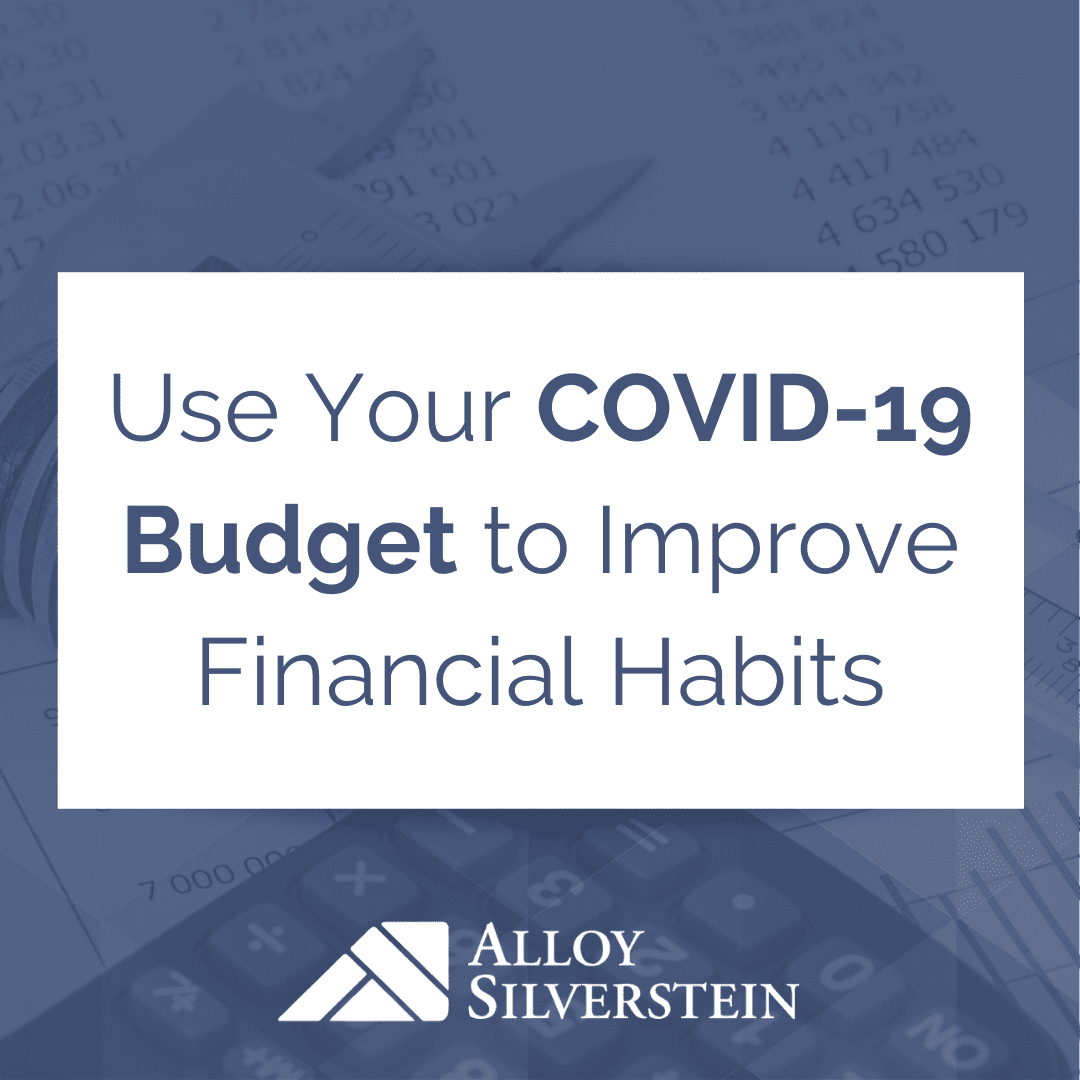

While the COVID-19 pandemic is having a devastating impact on the nation’s economy, there are opportunities to use this time to take stock of your current financial situation and establish habits that will put you on a stronger financial footing once the pandemic ends and the economy recovers, or for when the next economic downturn hits. These tips can help you better manage your personal finances now and in the future.
Take stock of pre- and post-COVID spending to identify areas of savings and plan for expenses that will return. Use that acquired information to build a budget, and then stick to it. Revisit it quarterly or annually and adjust as needed. Also, make it realistic. Don’t eliminate all “wants” from your spending but consider ways to cut back spending on them. For example, if you like stopping for a cup of coffee each morning, budget for it and limit the budget by purchasing gift cards each month. Once the card runs out, you stop buying coffee. This allows you to indulge your “wants” within a budget.
Don’t let budgeting fall to the wayside after the economy improves. After the 2008-09 recession, many Americans focused more on budgeting and spending, but as time passed, those habits faded. A 2018 American Institute of CPAs survey found that only 39 percent of respondents were following a budget, down from 58 percent in 2015 — showing that over time many of the good habits learned from tough economic times faded.
If you have extra cash from reducing your spending, pay down high-interest credit card debt, mortgages or other loans. And if any the loans have been deferred temporarily — like federal student loans, keep paying them and use this as an opportunity to get ahead of them. Making payments now reduces the total amount you will pay in interest and the time it takes to pay it off.
The sudden onset of the pandemic, unexpected job losses and investment declines have highlighted the importance of a fund to cover expenses in case of emergencies. Tapping retirement savings for living expenses in an emergency is not a wise financial move. Be sure to budget for an emergency fund, and once the fund is established, redirect the cash you were using to build the emergency fund to pay off debt or save for retirement.
The AICPA’s 360 Degrees of Financial Literacy website has a free calculator to help you create a budget.
The coronavirus pandemic is the third major financial calamity to hit the country in the past 20 years, starting with the dot.com bubble burst in 2001, followed by the housing-fueled recession in 2008-09. It is likely you will see another major economic downturn in the future. Implementing and maintaining good financial habits will better position you to weather those bad times. If you have trouble sticking to a plan going forward, ask an Alloy Silverstein CPA to help you with planning and saving your money.
Contact an Alloy Silverstein accountant for practical advice for your unique situation.
Empowering business owners and individuals in South Jersey and Philadelphia to feel confident through proactive accounting and advisory solutions.